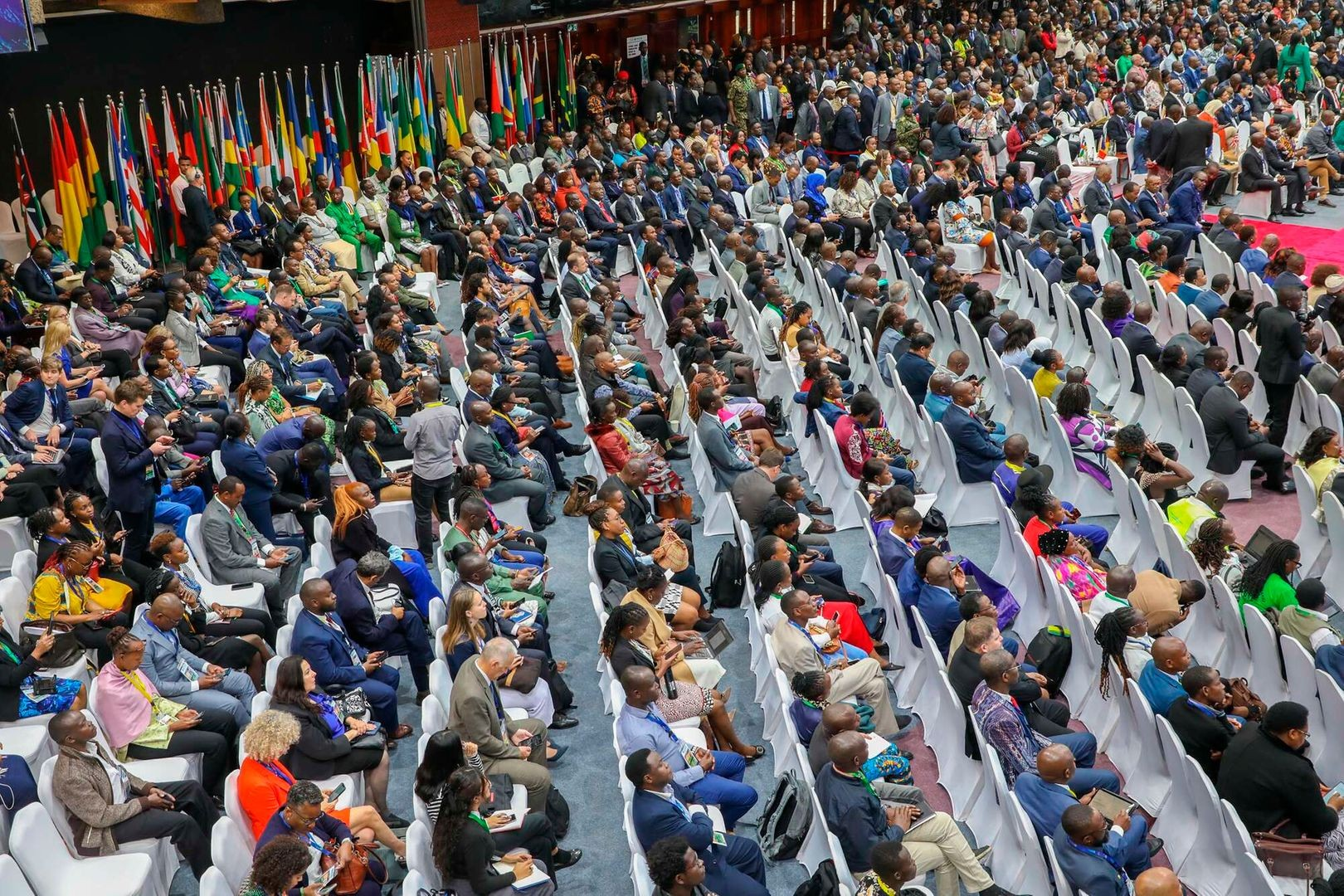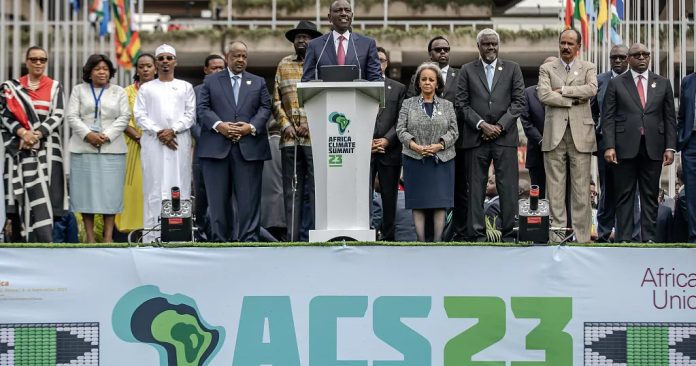Facebook Twitter (X) Instagram
Climate Change Hub, which Kenya aspires to establish hosting, has faced considerable challenges, leading to its second unsuccessful bid. This analysis examines the political, economic, logistical, and diplomatic factors that contributed to this outcome.
Political Instability and Governance Issues
A key reason for Kenya’s failed bid is the ongoing political instability within the country. Frequent electoral disputes, corruption scandals, and governance issues have created a climate of uncertainty. Political stability is a crucial factor for potential investors and international organizations. Kenya’s political environment, marked by periodic unrest and governance challenges, has undermined confidence in its ability to host and manage an international hub focused on climate change.
Climate Change Hub Economic Constraints and Resource Allocation
Hosting an international hub requires substantial financial resources and infrastructure development. Despite Kenya’s growing economy, significant constraints on public funds are exacerbated by high levels of public debt. The financial burden of establishing and maintaining the climate change hub might have seemed unsustainable given Kenya’s current economic situation. Additionally, prioritizing climate change initiatives over other pressing national issues such as healthcare, education, and infrastructure may have posed a challenge for the Kenyan government, affecting the perceived feasibility of their bid.
Climate Change Hub Hosting Logistical and Infrastructural Challenges
Although Kenya has advanced infrastructure, particularly in Nairobi, the overall logistical capabilities required for an international hub might not meet the high standards expected by international bodies. Reliable transportation networks, state-of-the-art facilities, and efficient administrative frameworks are essential for such an endeavor. Any deficiencies in these areas could have influenced the decision against Kenya’s bid. Additionally, logistical bottlenecks, such as those seen in the port of Mombasa and various regional airports, might have further detracted from Kenya’s attractiveness as a host.
Diplomatic Relations and Regional Politics
Diplomatic dynamics within Africa also play a critical role in such decisions. Kenya’s relationships with other African countries, as well as its standing within the African Union (AU) and other regional organizations, can impact its bids for international projects. If there are tensions or rivalries with key countries or blocs within the AU, this could sway decisions against Kenya. Furthermore, competing bids from other nations with stronger diplomatic ties or more significant influence within the AU could overshadow Kenya’s efforts.

Competition from Other African Nations
Kenya faced competition from other African nations that might have presented more compelling bids. Countries like South Africa, Egypt, and Nigeria, with their larger economies, more advanced infrastructure, and stronger political clout, could have provided more attractive alternatives for hosting the climate change hub. These nations might have offered better incentives, demonstrated higher levels of preparedness, or showcased more robust plans for addressing climate change, thereby outshining Kenya’s bid.
Climate change hub Environmental and Geographical Considerations
While Kenya is an active participant in climate change discussions and has made strides in environmental conservation, concerns about its vulnerability to climate change impacts might have arisen. Issues such as water scarcity, deforestation, and the degradation of natural habitats could raise questions about Kenya’s suitability as a base for a climate change hub. Additionally, other countries might offer geographical advantages or more resilient ecosystems better suited for hosting such an initiative.
The loss of Kenya’s second bid to host the Africa Climate Change Hub is a complex issue influenced by a combination of political, economic, logistical, diplomatic, and environmental factors. Despite Kenya’s significant efforts in environmental conservation and climate change mitigation, the challenges it faces in political stability, economic resources, infrastructural readiness, and regional diplomacy have proven significant hurdles. Moving forward, Kenya may need to address these issues comprehensively and strengthen its position both domestically and internationally to succeed in future bids for hosting prestigious international initiatives.

